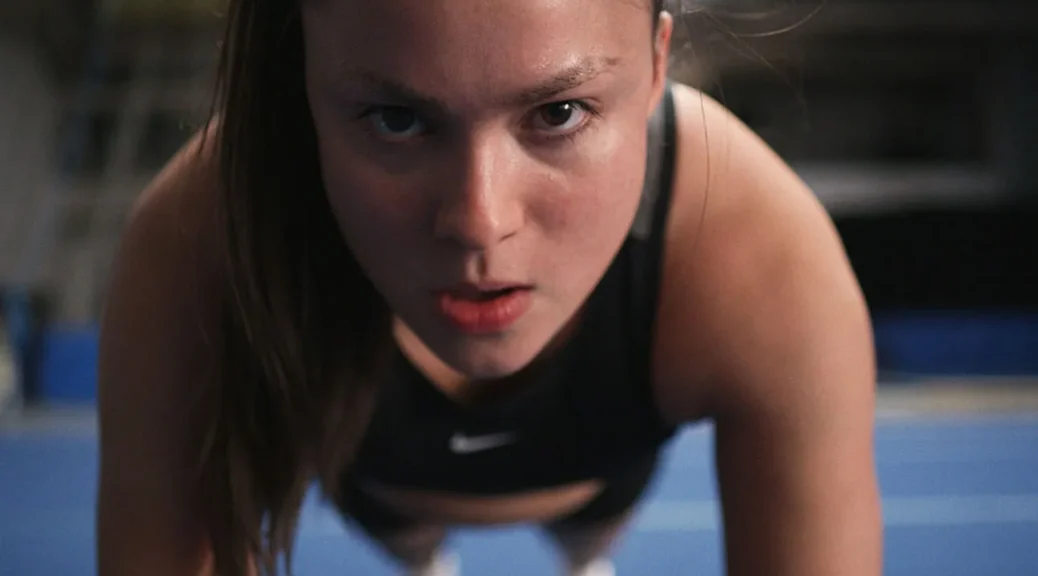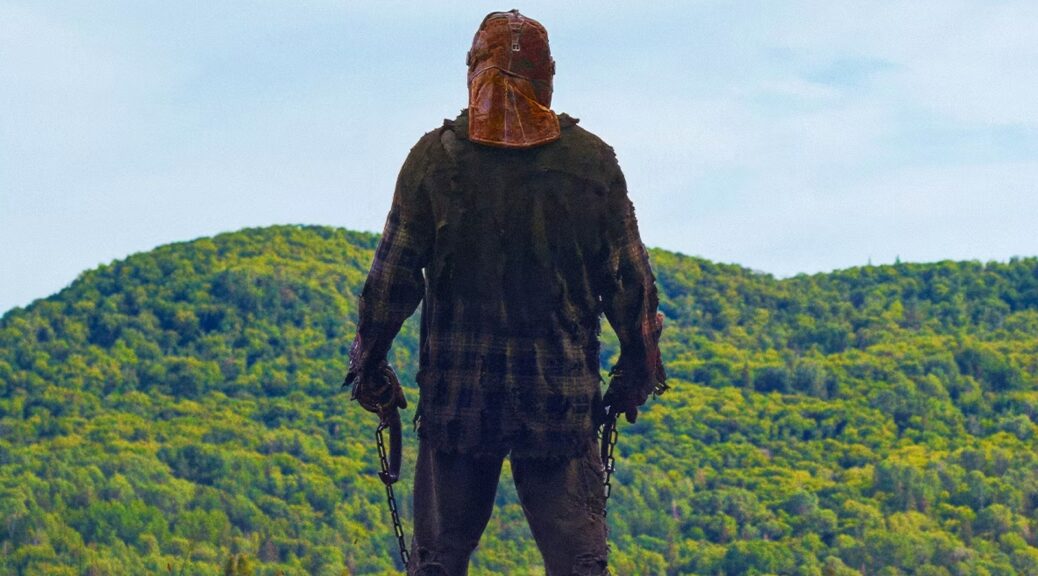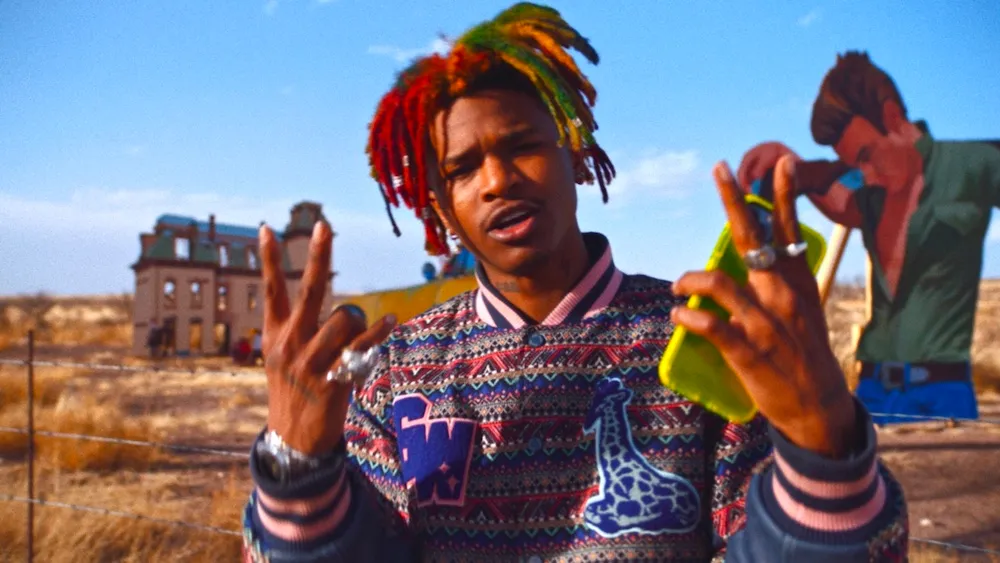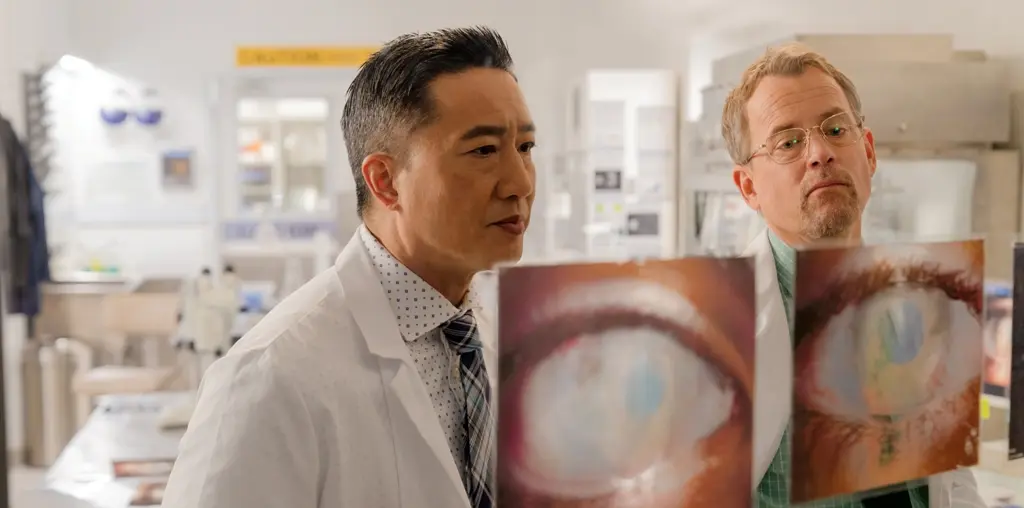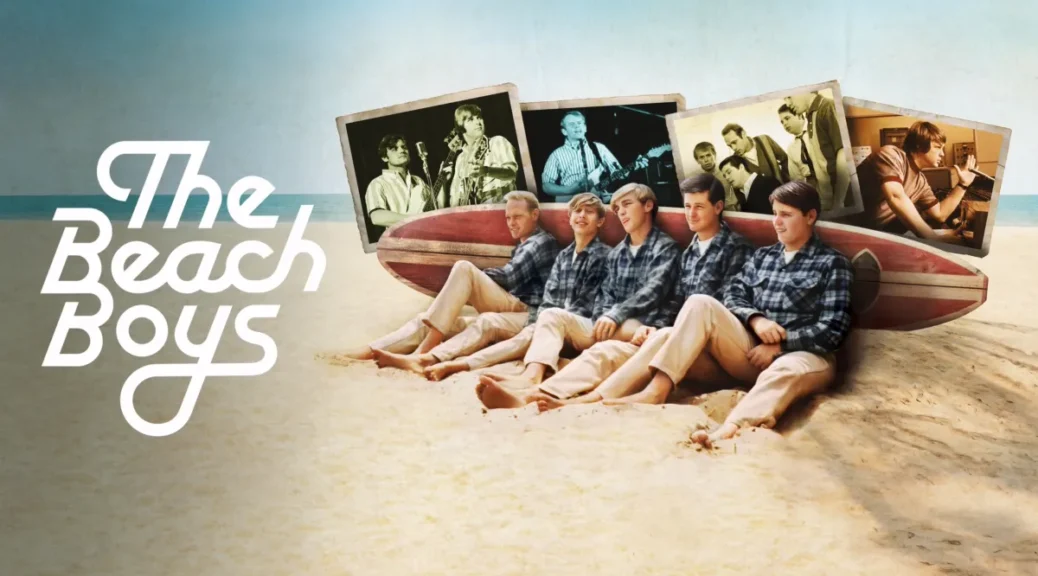Backspot
by George Wolf
Yes, Backspot is a film about the drama surrounding members of an all-star cheerleading squad. But 2-4-6-8, you will no doubt appreciate a mindset that aims higher than a standard Young Adult pandering.
Riley (Devery Jacobs) and her girlfriend Amanda (Kudakwashe Rutendo) both cheer for their high school squad in Cananda. Riley hides serious anxiety behind her outward confidence, but she jumps at the chance to try out for the Thunderhawks, an elite team run by the no-nonsense Eileen McNamara (Evan Rachel Wood).
Assistant coach Devon (Thomas Antony Olajide, bringing some expert level attitude) lays down the law on day one: “Don’t sing that song, Come On Eileen.”
Okay, then.
Riley, Amanda and their friend Rachel (Noa DiBerto) make the cut, and with the championships looming in just two weeks, the girls are immediately thrown into an intense training regimen that will test their physical and mental limitations.
Director and co-writer D.W. Waterson expands her 2017 short as a mix of Whiplash, Personal Best and Bring It On. With writing that’s often smart and performances that are reliably authentic, Backspot urges you to respect the athleticism, commitment and battered feet of these competitors, while not shrinking from the problematic aspects of the competition culture.
Jacobs, returning from the short film, is terrific. Riley isn’t a shy YA teen just waiting for her specialness to be seen; she’s a real world young woman driven to succeed while trying to navigate the expectations at home, on the mat, and in her relationship with Amanda.
Wood digs into her gum-chewing taskmaster role with understandable relish. Because while Eileen delivers one of the film’s most pointed messages (“the world is not kind to weak people, especially people like us”), she’s not held up as an infallible beacon of integrity.
These shades of grey are welcome, and they help Waterson overcome a reliance on shaky cam closeups or moments when certain actions come with consequences that seem a bit too tidy. Bonus points for Amanda’s Ohio State sweatshirt.
And as the championship cheer action comes to a close, you may hit the showers thinking you’ve just seen a sports movie, a queer anthem or a coming-of-age dramedy, and you wouldn’t be wrong.
Which means there’s plenty right about Backspot.
